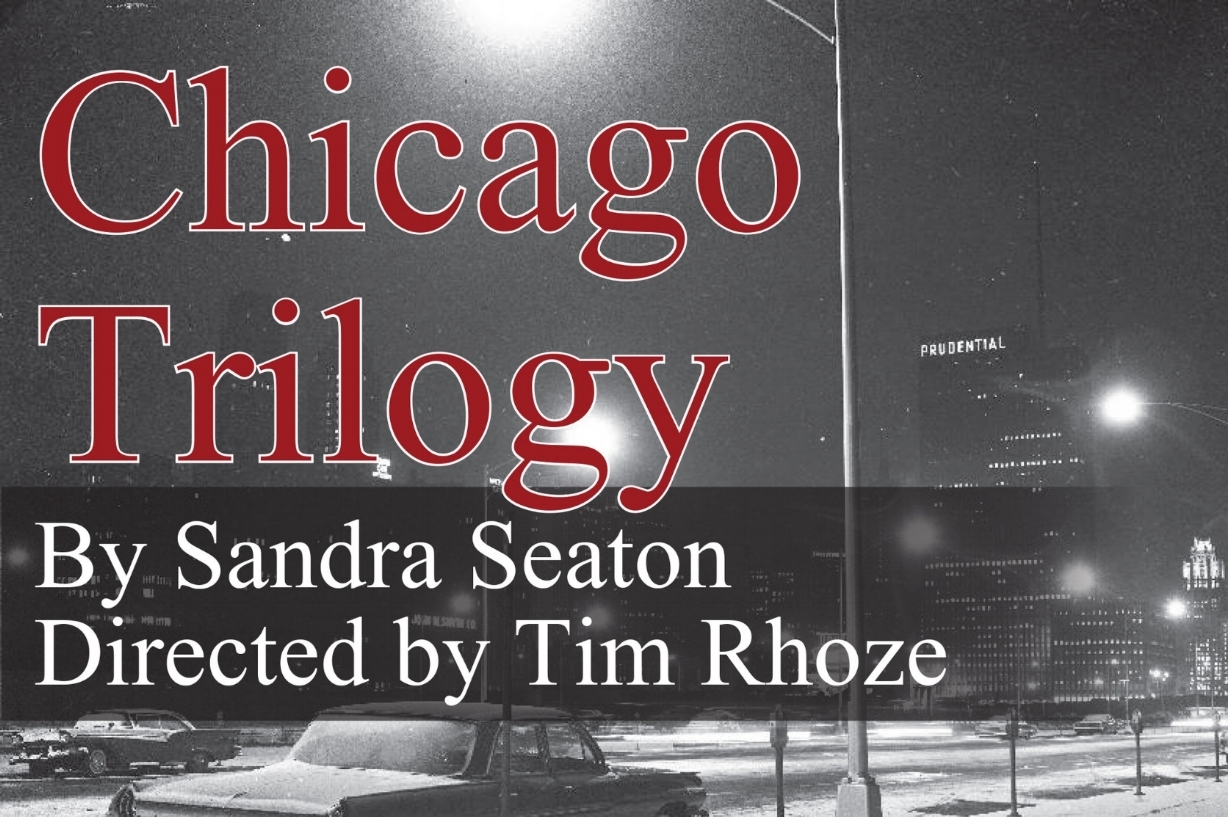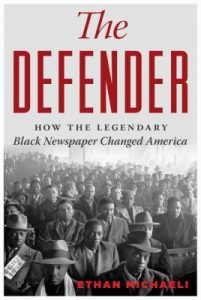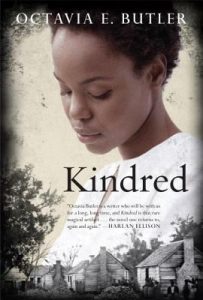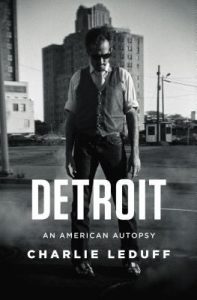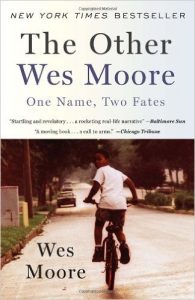Evanston Literary Festival
From April 29 to May 11, 2017, Evanston comes alive with free readings, live lit, and workshops. Featured speakers of African American interest this year include Angela Jackson, Mary Barr, Alex Kotlowitz, John Keene, Martin Deppe and Sandra Seaton. Of special note: a celebration of Gwendolyn Brooks, and a trilogy of plays about black life on the South Side of Chicago directed by Fleetwood-Jourdain's Tim Rhoze.
Operation Breadbasket: An Untold Story of Civil Rights in Chicago
Author Martin L. Deppe was one of the founding pastors of Operation Breadbasket, the interfaith economic justice program in from 1996-1971 that transformed into Jesse Jackson’s Operation PUSH (now the Rainbow PUSH Coalition). Begun by Martin Luther King Jr. during the 1966 Chicago Freedom Movement, Breadbasket was directed by Jackson. Deppe digs deeply into the program’s past to tell Breadbasket’s little-known story in the fight for civil rights in Chicago.
Black Women as Giants: A Celebration of Gwendolyn Brooks
Acclaimed poets, Toi Derricotte, Nikky Finney, Vievee Francis, Angela Jackson, and Patricia Smith come together as an unprecedented collective to celebrate and reflect on the life, work and impact of Chicago’s literary giant. This roundtable discussion, moderated by Parneshia Jones, will focus on the literary impact of Gwendolyn Brooks, her stark literary portraits of the often overlooked and oppressed black life in America, and her social and artistic influence as a cultural and community worker. The panelists will reflect and discuss Brooks’ significance on their personal literary careers, her importance during the Black Arts Movement, and how her work and legacy continue to be a defining voice in literature. Generous support provided by the Poetry Foundation. This event is co-sponsored with the Northwestern University Libraries, Center for Writing Arts, Department of African American Studies, Department of English, Poetry and Poetics Colloquium, Women’s Center.
Evanston Literary Salon: The Rhythm in the Words: How Music and the Beat Informs Books for Kids and Teens
Musicians make music. Authors write books. And when musicians write books, the results can be eclectic. Join musicians Mike Grosso (I Am Drums) and Donovan Mixon (Ahgottahandleonit) as they discuss their latest books for children and teens with librarian Betsy Bird, and reveal how the influence of music, rhythm, and beat pervades their writing styles and works particularly well in books for young readers.
The Chicago Trilogy Stage Reading
Sandra Seaton brings to life the world of Cyrus Colter. Experience the 1960s and the frustrations and triumphs of black life on Chicago's South Side in this powerful adaptation of Colter's prize-winning short stories. This stage reading of Seaton's trilogy of one-act plays is directed by Tim Rhoze, artistic director of Fleetwood-Jourdain Theatre. This event is cosponsored by the Chicago Literary Hall of Fame, the Guild Literary Complex, and Fleetwood-Jourdain Theatre.
Northwestern Spring Writers Festival: John Keene
John R. Keene.was born in St. Louis in 1965. He graduated from Harvard College, and New York University, where he was a New York Times Fellow. In 1989, Keene joined the Dark Room Writers Collective, and is a Graduate Fellow of the Cave Canem Writers Workshops. He is the author of Annotations and Counternarratives, both published by New Directions, as well as the poetry collection Seismosis, with artist Christopher Stackhouse, and a translation of Brazilian author Hilda Hilst's novel Letters from a Seducer. He teaches at Rutgers University-Newark. , Keene received an award from the Mrs. Giles Whiting Foundation and fellowships from Cave Canem, the New Jersey State Council on the Arts, the New York Times Foundation, Yaddo, the Bread Loaf Writers’ Conference, and the Pan-African Literary Forum. He has taught at Northwestern University and Rutgers University and served as the managing editor of Callaloo.
Friends Disappear: The Battle for Racial Equality in Evanston
Clemson professor Mary Barr discusses her book about local racial segregation, Friends Disappear: The Battle for Racial Equality in Evanston.
Northwestern sociology professor Al Hunter moderates the discussion
with audience members about racism in Evanston, past and present. This
Illinois Speaks program is made possible in part by a grant from
Illinois Humanities, the National Endowment for the Humanities, and the
Illinois General Assembly.





